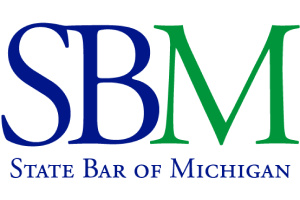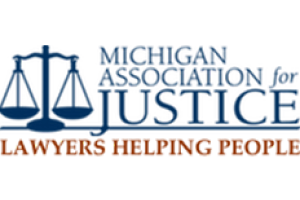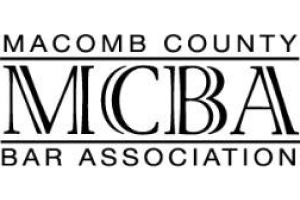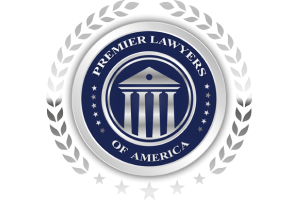- Free Consultation: (586) 264-3756 Tap Here to Call Us
MICHIGAN LICENSING SANCTIONS
All too often, Michigan defense attorneys fail to consider the license sanctions imposed by the Secretary of State following their client’s conviction for a drinking and driving offense. Having said that, sometimes these resulting sanctions cannot be avoided. A person’s license is subject to mandatory revocation for obtaining two (2) drinking and driving convictions within seven (7) years or three (3) drinking and driving convictions within ten (10) years.
The driver license restoration process is complex and lawyers with experience before the Michigan Driver Appeal and Assessment Division (DAAD) can greatly increase a revoked person’s chances of getting his or her Michigan driver’s license restored. A first time revocation is for a minimum period of 1 year and a second lifetime revocation is for a minimum period of 5 years. A person whose license is revoked may not operate a vehicle indefinitely until the person is granted driving privileges before the Michigan Driver Appeal and Assessment Division (DAAD) of the Michigan Secretary of State. Upon eligibility and after waiting the minimum revocation period, a revoked party may begin the process of license restoration. The revoked party, called the petitioner, must prove by clear and convincing evidence that the alcohol or substance abuse problems are under control and likely to remain under control. If a person fails to meet this high standard of proof, the revocation is affirmed and another hearing is allowed after one (1) year. Many times, documentation which is submitted to the DAAD can actually harm a client’s case and result in a continuation of the revocation. The attorneys at SMDA have obtained driving privileges for individuals with multiple drinking and driving convictions because they know the process and ensure that all documentation submitted to the DAAD will strengthen the likelihood of restoring driving privileges.
After prevailing at a license restoration hearing, a party is required to have an ignition interlock device installed in his vehicle for a period of one (1) year. An ignition interlock is an alcohol monitoring device requiring a satisfactory breath sample before a vehicle can be operated. The device information is periodically downloaded by the installer. An ignition interlock system – Breath Alcohol Ignition Interlock Device (BAIID) is a breath alcohol analyzer with computer logic and internal memory that interconnects with the ignition and other systems of a motor vehicle. The purpose of the BAIID is to measure the bodily alcohol content (BAC) of an intended driver and to prevent the motor vehicle from being started if the BAC exceeds the .025.
If the person has successfully operated a vehicle with the interlock device on the vehicle for one (1) year and again meets the burden of proof, a full license will be granted. If the person fails with an interlock device, or is unable to prove by clear and convincing evidence that the alcohol or substance abuse problems are under control, then the person’s revocation may be reinstated or the DAAD may consider allowing the petitioner to drive with the ignition interlock device for an extended period.
A person who has an ignition interlock device in his or her vehicle is advised not to allow anyone else to blow into the device or to use any substances containing alcohol, such as mouthwash or cold medicines. All alcohol readings will be attributed to the petitioner. In those rare circumstances when a petitioner is unsuccessful in his initial hearing before the DAAD, an appeal to the circuit court can be made when the hearing officer’s decision is not supported by competent, material and substantial evidence on the whole record, and/or the hearing officer’s decision is arbitrary, capricious or clearly an abuse or unwarranted exercise of discretion.
Obviously, it is preferable to prevail at the first hearing. For this reason, an experienced Michigan license restoration attorney can sift through a person’s substance abuse history, counseling history, relapse history, prior cases, probation records and driving record to prepare an individual strategy for the license appeal. Sources MCL 257.303(4)(a)(1) MCL 257.323(4)











